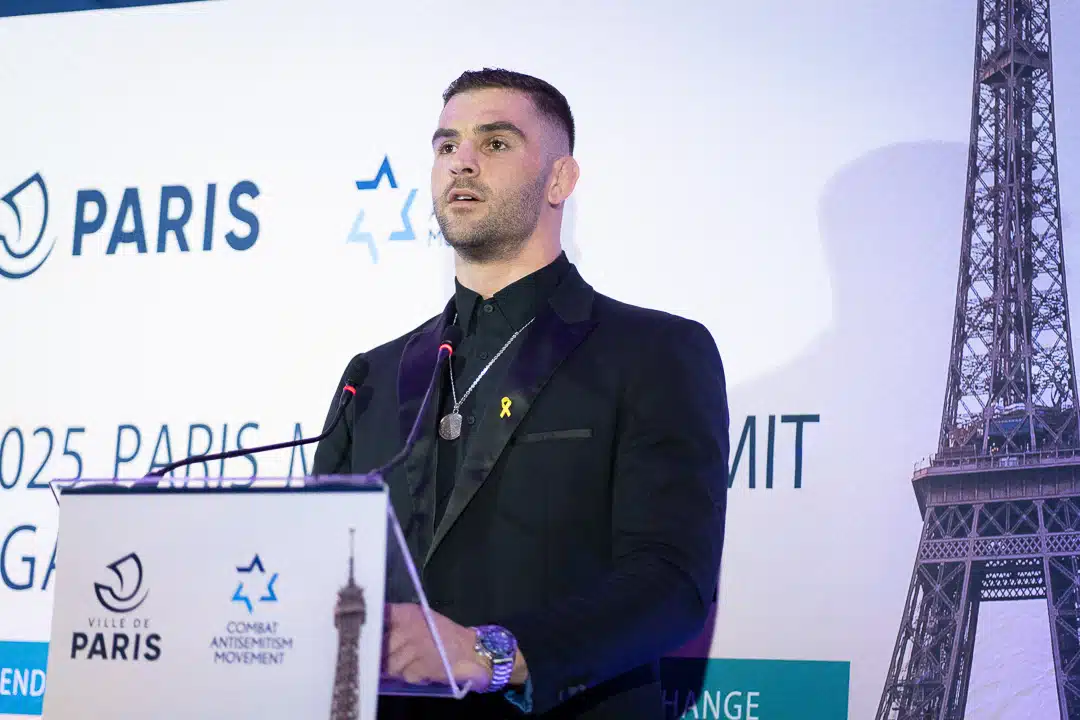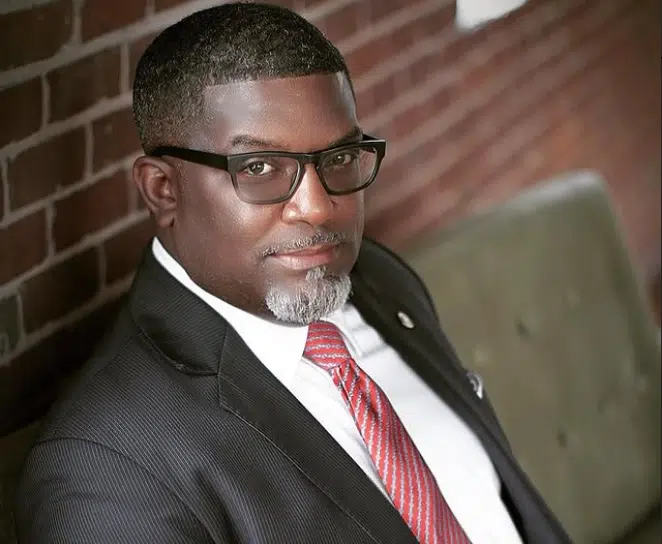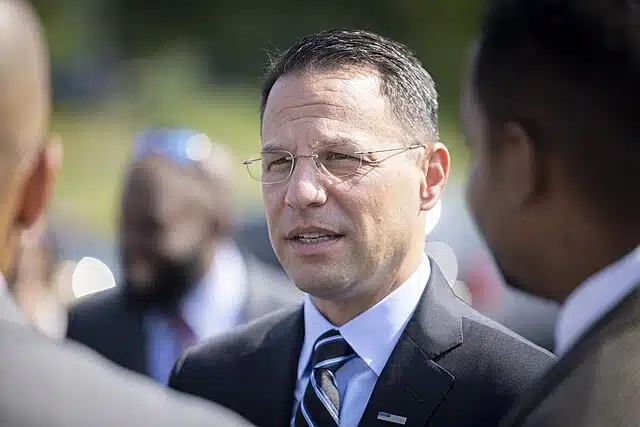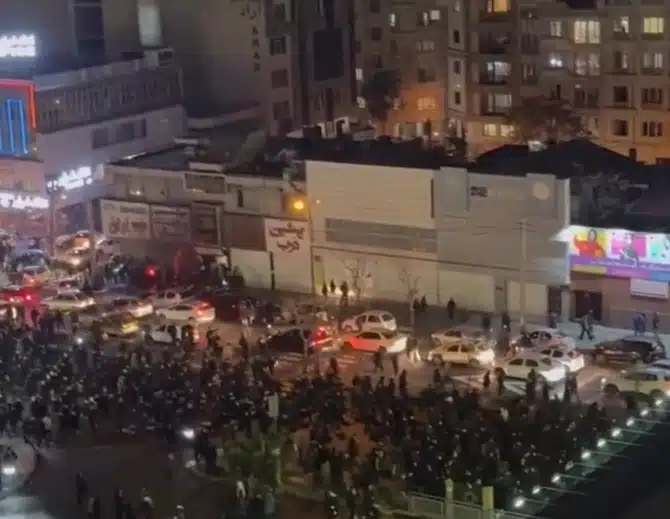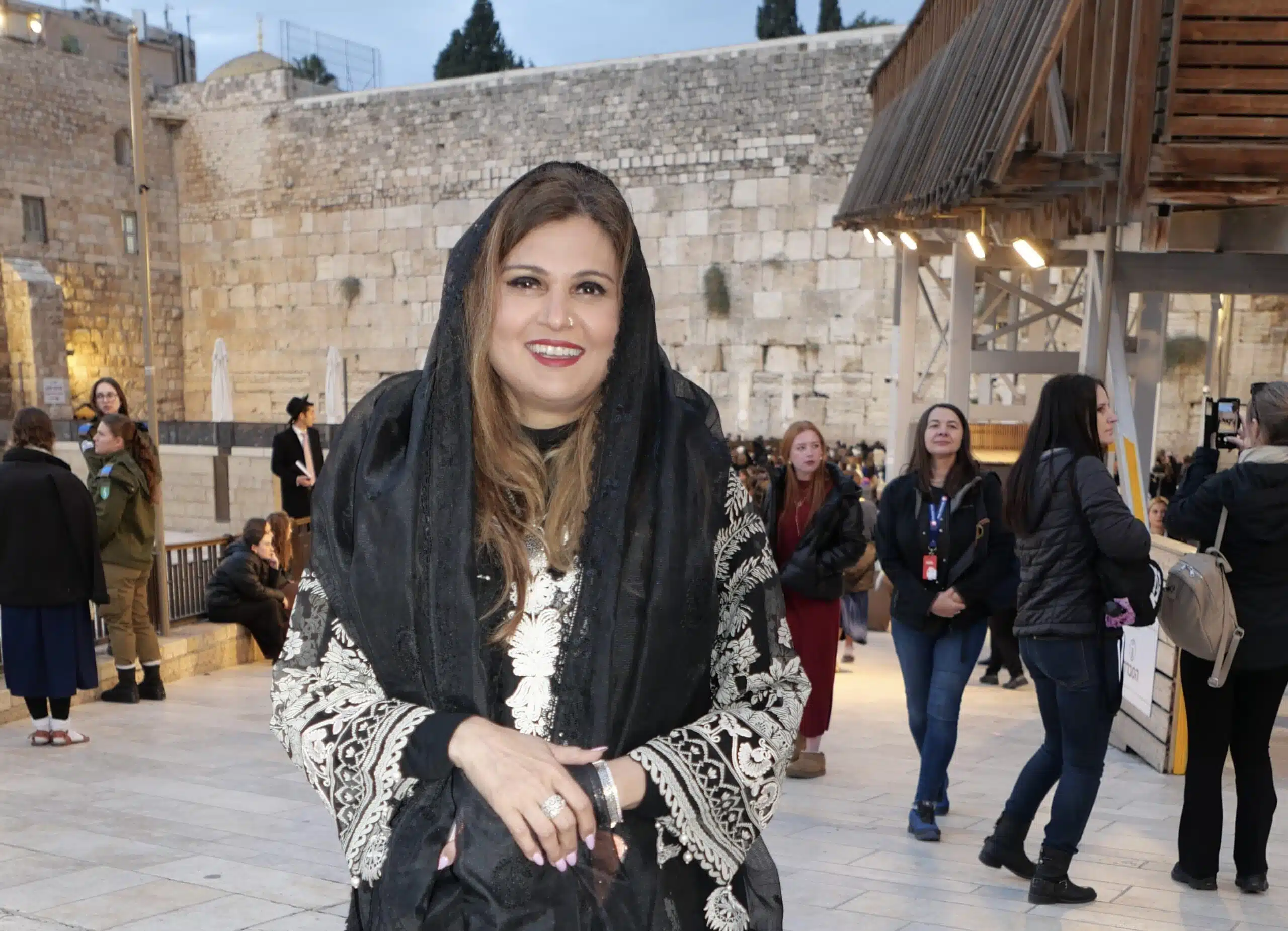
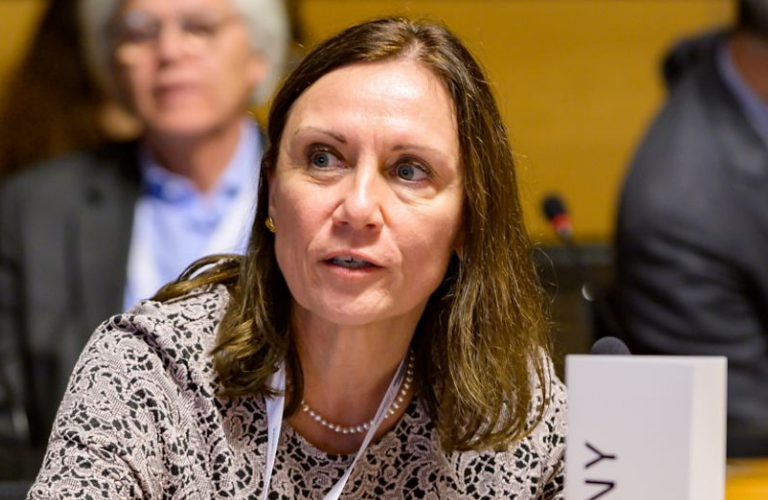
Antisemitism Is a Problem for All Societies, Not Just Jews, Ex-IHRA Presidency Chairwoman Tells CAM
Ambassador Michaela Küchler was the chairwoman of the German presidency of the International Holocaust Remembrance Alliance (IHRA) for the past year, until the start of April. This period — dominated by the Covid-19 pandemic — saw a staggering increase in online hatred and vandalism incidents at Jewish sites, including synagogues and cemeteries, around the world.
Ambassador Küchler pioneered a number of important projects during her IHRA tenure, including the adoption of a significant new working definition of antigypsyism/anti-Roma discrimination.
Greece has now assumed the IHRA presidency for the coming year, with Ambassador Christodoulos Lazaris serving as chairman. The new presidency will face challenges, including to the IHRA working definition of antisemitism itself.
CAM spoke to Ambassador Küchler about her work at IHRA, the state of global antisemitism, and what to expect from her successor.
This interview was edited for length and clarity.
CAM: As chairwoman of the IHRA Presidency, you transformed the working definition of antisemitism into the globally-accepted definition of Jew-hatred. Can you tell us more about the most consequential achievements of your time at IHRA?
We are indeed happy about the worldwide widespread use of the IHRA’s working definition of antisemitism. It shows how useful this tool is to policy makers but also for example for the police, sports club or in the educational context. As to the main achievements of the IHRA during our German Presidency: The IHRA adopted by consensus a non-legally binding working definition of antigypsyism/anti-Roma discrimination on 8 October last year. Germany was the first country to endorse it on the national level on 31 March 2021, followed by Austria just a week later. We established a Global Task Force against Holocaust Distortion which published recommendations for policymakers on how to identify and address Holocaust distortion. This is being followed by implementation activities throughout 2021 and a social media campaign, #ProtectTheFacts, to raise awareness of Holocaust distortion.
We have deepened our cooperation with our permanent international partners like the European Commission, with whom we published a handbook on the practical use of the working definition of antisemitism. Finally, the Berlin Plenary adopted an IHRA Statement on Rehabilitation in July condemning attempts to rehabilitate the reputations of persons who were complicit in the crimes of the Holocaust and the genocide of the Roma.
CAM: How has COVID-19 changed manifestations of antisemitism online?
We have unfortunately seen a sharp increase in manifestations of antisemitism that is extremely concerning. These include shocking examples like the yellow stars reading “unvaccinated” worn at demonstrations against coronavirus measures or the “Camp Auschwitz” T-shirts we saw at the storming of the US Capitol in January. These examples also show the link between Holocaust distortion and antisemitism. Holocaust distortion is a gateway to Holocaust denial and more violent forms of antisemitism.
This issue has been on the IHRA’s radar for many years and we have issued several statements on these very worrying expressions of antisemitism. Most recently, the IHRA’s recommendations for policy and decision makers on recognizing and countering Holocaust distortion provide a useful tool to combat these forms of antisemitism. The IHRA also sees an urgent need for law enforcement bodies to act swiftly to counter theses disturbing phenomena both offline and online.
CAM: The European Union released a handbook on the adoption of the IHRA definition this year. How will it advance the implementation of the IHRA definition of antisemitism across Europe?
After four years of the working definition’s use around the globe, it was a good moment to show examples of good practices to help others to use the definition effectively. The handbook is available in English, and also the German translation is about to be finished. Many different groups have adopted the definition, from law enforcement, to religious associations like the Imams Council, to the Bavarian Bee Keepers’ Association, to football clubs. Adopting the definition means making use of it to help sensitize people to the existence of antisemitism, taking the overall context into account. Antisemitism is not a Jewish problem. It is a problem for all of the societies in which it grows because it undermines our values and our liberal democracies.
CAM: The Federal German Republic recognized IHRA as an international institution earlier this year for the first time. Why was this important?
The IHRA’s Permanent Office is located in Berlin. That is why Germany is the seat of the IHRA. On the basis of the Guest State Law, Germany recognized the IHRA as an international institution, granting it certain diplomatic privileges. In fact, this was the first time this law was used. It shows the value the German government attributes to the IHRA.
CAM: Your presidency created the global campaign Protect The Facts, in partnership with the United Nations, UNESCO, and the European Commission. Tell us more about this.
Holocaust distortion is a critical threat to the future of Holocaust memory. Allowing distortion invites the erosion of our understanding of the Holocaust and its significance. While the IHRA has focused much of its attention on countering distortion for many years, examples often go unchallenged due to a general lack of awareness.
For this reason, the German Presidency of the IHRA established a Global Task Force against Holocaust Distortion to identify and promote strategies for countering distortion. The Task Force published recommendations and launched the #ProtectTheFacts campaign to reach a broader audience and engage more people and institutions in the fight against distortion. The Protect the Facts campaign is truly global. The social media assets are available in six languages (English, Spanish, French, Kiswahili, Portuguese, and Hindi) and we’re seeing engagement from all over the world.
Working together with our partner organizations has proven highly effective in raising awareness of Holocaust distortion and the dangers it poses to our democracies and our open societies. We’ve already seen members of the highest political levels take notice and are working to bring more into the fold.
CAM: How should the IHRA go about addressing attempts to challenge the legitimacy of the IHRA definition?
We are glad to see that there has been growing interest in the issue of antisemitism since the adoption of the IHRA working definition in 2016 and support stimulating dialogue that helps raise awareness of antisemitism in all its forms. The IHRA working definition of antisemitism is the product of years of deliberations among experts, civil society, and government representatives. It was adopted by consensus and is intended as a practical educational and awareness-raising tool to help sensitize individuals and institutions to the issue of antisemitism and the many various forms it can take. From our point of view, it will remain the so-called gold standard in this field – as a result of this inclusive and long process and its widespread use.
CAM: What advice do you have for the Greek delegation as it assumes the IHRA Presidency?
We very much look forward to the Greek Presidency and will continue to serve in a supportive role as a member of the Troika, together with the following Presidency Sweden. It will focus on education about the Holocaust, highlighting each IHRA Member Country’s commitment to encouraging the educational study of the Holocaust and the genocide of the Roma in all its dimensions. Greece will also continue to follow up on the Global Task Force’s recommendations on countering Holocaust distortion.

